The nickname "Butcher of Tehran" has increasingly been associated with Ebrahim Raisi, highlighting his involvement in the 1989 mass executions, where thousands of political prisoners were sent to the gallows.
Ebrahim Raisi's political and judicial career has been marked by numerous instances of discrimination and violence.
His tenure in various significant positions, beginning shortly after the 1979 Iranian Revolution, paints a picture of a leader deeply entrenched in repressive measures.
During the 1980s, Raisi served as the deputy prosecutor of Tehran, playing a critical role in the execution of several thousand political prisoners, many of whom were minors.
Audio recordings from private meetings between the death squad members and Hossein Ali Montazeri, then the deputy to Ruhollah Khomeini, reveal Montazeri condemning these actions as "genocide."
Raisi's involvement in the death squad also led to the persecution and execution of numerous communists and non-Muslims.
Throughout his career, Raisi's actions have consistently aligned with discriminatory and oppressive practices, supported financially by figures like Ahmad Alamolhoda and institutions such as Astan Quds Razavi.
This background leaves little room to defend Raisi as a popular or ethical politician, given his track record of human rights abuses and systematic discrimination.
The Baha'is have faced significant adversity under the Islamic Republic, including mass arrests, denial of educational rights, and property confiscation.
During Ebrahim Raisi's tenure in various positions of power, these persecutions intensified.
For instance, more than ten years ago, in the village of Eyol, Baha'i homes were confiscated based on a court ruling that deemed their property rights illegal.
This occurred while Raisi was part of the judicial system.
In August 2022, agents evicted villagers from Roshankoh in Mazandaran, and in December 2023, they did the same to residents of Ahmad Abad village in Sari district.
These actions coincided with Raisi's term as the head of the executive branch.
In 2023 alone, 128 Baha'i citizens were summoned, interrogated, and tried, resulting in over 540 years of prison sentences.
Additionally, at least 104 Baha'i citizens were either arrested or imprisoned to serve their sentences.
Following the Woman, Life, Freedom movement, Sistan and Baluchistan province, known for its deprivation and active protests, became a major target of government repression.
According to an analytical report by the Filterban website, which monitors internet access in Iran, deliberate internet disruptions have occurred every Friday morning in this province since the "Bloody Friday" of Zahedan protests in the fall of 2022.
These protests were in response to a police officer's assault on a Baluch girl.
In 2023, the internet in Sistan and Baluchistan was completely shut down for 5,400 minutes and severely disrupted for an additional 300 minutes.
The report also suggests that during Raisi's presidency, a new system was used to intentionally disrupt mobile networks and the internet with unique technical precision and capabilities.
Sistan and Baluchistan is likely the first province where this digital suppression system has been installed and utilized.
Article 13 of the constitution of the Islamic Republic of Iran recognizes three religious minorities—Christian, Zoroastrian, and Jewish—granting them the freedom to practice their religious rituals, and teachings, and manage personal matters.
Additionally, these minorities are permitted up to five representatives in parliament.
Despite these constitutional rights, the reality is markedly different.
Religious minorities face significant discrimination, they are barred from many government positions, often rejected from selections, and their legal rights are frequently violated, including restrictions on religious ceremonies.
Under Ebrahim Raisi's tenure in both the judiciary and executive branches, the situation worsened.
Online hate speech and real-world security pressures against religious minorities increased.
In March, IranWire's content monitoring team reported a 29 per cent rise in hateful content against religious minorities.
Specifically, at least 28 hateful articles were published online, 21,000 with anti-Semitic content and 4,000 targeting the Baha'i community, marking a 43 per cent increase compared to the previous month.
The pressure on religious minorities persists beyond Raisi's death, particularly concerning the performance of religious ceremonies and the forced issuance of condolence messages by minority religious leaders.
For instance, the Zoroastrian Association of Tehran was compelled to hold a commemoration and death ceremony for Raisi.







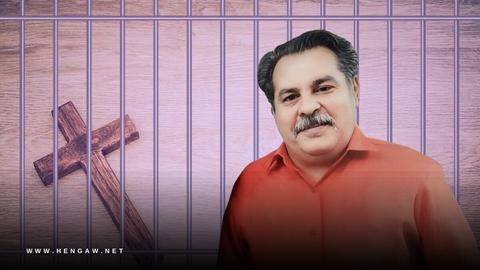
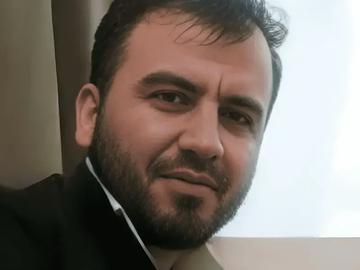





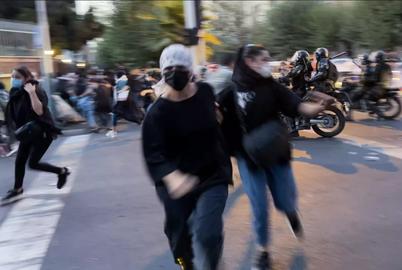

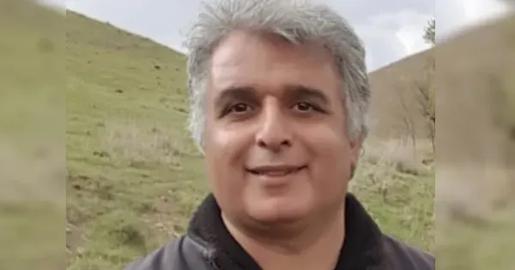



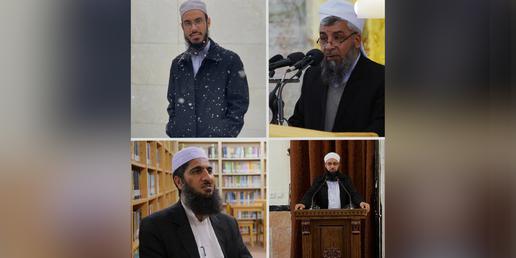




comments